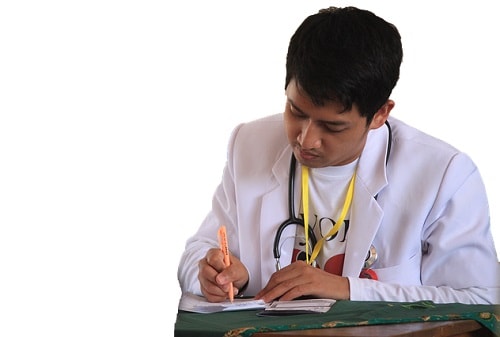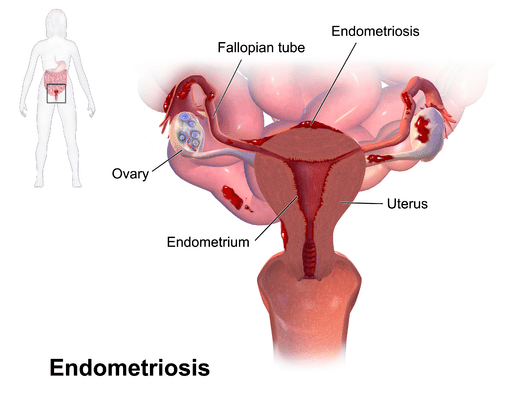When it comes to sexual intercourse, women need to be a lot more cautious as unsafe practices can inflict great damages on their bodies than men. Women usually get sexually transmitted infections or diseases a lot more easily from men than the other way round. One of the consequences that a woman with a sexually transmitted disease has to deal with will be infertility problems. This article will look at what’s the effect of STDs on fertility and pregnancy in women to help you understand more.
The diseases which are transmitted sexually can significantly affect a woman’s fertility. As a matter of fact, it is even more important than ever for you to get tested regularly and take the steps necessary to prepare your body for a healthy pregnancy as increasingly more young adults are being affected by STDs today. Some of the STDs can be treated easily and some are a lot worse than others. Some of the common ones will be highlighted below.
What’s the Effect of STDs on Fertility and Pregnancy in Women
Chlamydia and gonorrhea are the two of the main STDs that women should get tested for, especially before they try to have a baby. These two are not only major threats to your fertility, but they could cause harm to your fetus.
You can get chlamydia from bacteria through sex, including oral activities and it can be passed on to your baby during pregnancy. More than one million of us are now living with this disease that can increase the risk of ectopic pregnancy, pelvic inflammatory disease, and a decrease in fertility. Chlamydia does not show symptoms in more than seventy percent of the cases, but can cause women to feel discomfort while urinating, discharge, and abdominal pain.
Gonorrhea is a well-known STD that continues to affect women increasingly with over 700,000 cases reported each year. It’s introduced to the body through sex from an infected person. The disease can cause you to have serious fertility problems, PIDs, ectopic pregnancies, and other reproductive issues. In most cases, gonorrhea passes to the baby through the conception process. It is also one of the diseases that will not show symptoms sometimes, but both women and men can experience pelvic pain and discharge.
Trichomanisis or trich is a STD disease that is caused by a certain parasite and it’s usually accompanied by a foul smell and an unpleasant discharge. At present, more than seven million people have this disease, including pregnant women. It can cause fertility issues in women as well. If you have trich, your fallopian tubes can be affected severely to lower your chances of getting pregnant. In case you do get pregnant, the disease can be passed on to the baby during the delivery process. Trich can cause discomfort during sex and urination.
Syphilis is another serious STD and it can cause both short-term and long-term health problems if not treated. You can get it from having unprotected sex and it can damage the fetus if you are pregnant. Increasingly more cases with this disease have been reported since 2006, including the number of infants who are affected. It will have some of the strongest effects on the body, including bringing out sores within the first three weeks to three months. These sores will be accompanied by lesions on the genitals, mouth and palms, as wart-like sores inside the genitals. It is very important to get treatment for this disease both for your safety as well as to protect your baby from any fetal damages.
All of these sexually transmitted diseases can be treated with prescribed antibiotics, but this has to be done very quickly to prevent any damages on your fetus or fertility.
There are some other STDs that will not directly affect your fertility, but the severe infections as well as intensive treatments could cause serious harm to your body. Aside from that, STDs have inflammation that could spread and lead to infertility. It is important to remember that an STD could prevent you from getting pregnant, and so you must visit a testing center to do the necessary checks.
These STDs can infect your uterus, fallopian tubes, or other reproductive organs as well as cause pelvic inflammatory disease or PID. The diseases can spread through oral, vaginal, and anal intercourse, even when birth control and various other barriers are used as they cannot prevent persons from contracting infections such as chlamydia and gonorrhea.
After reading this you should have a better understanding of what’s the effect of STDs on fertility and pregnancy in women. Just remember that it will not be the end of the road for you to give birth to beautiful and healthy babies once the necessary steps are taken to prepare your body for pregnancy. Your body should become an environment that is warm and hospitable for your baby instead of a place that can cause potentially harm.



